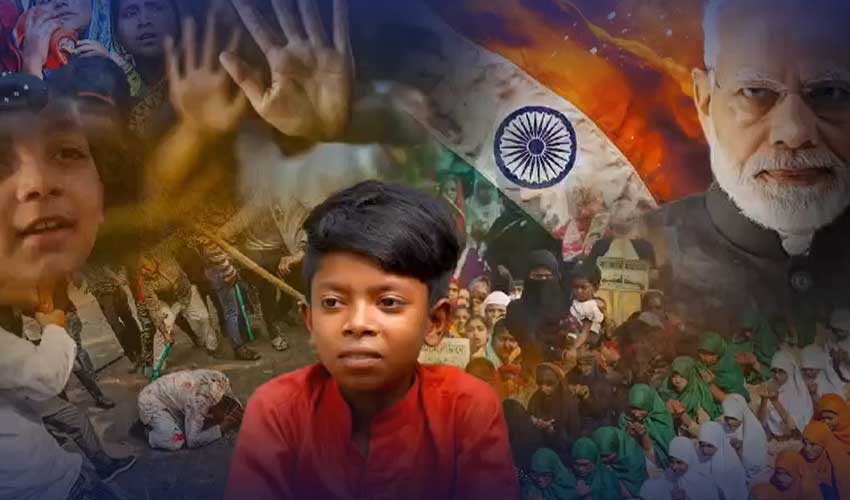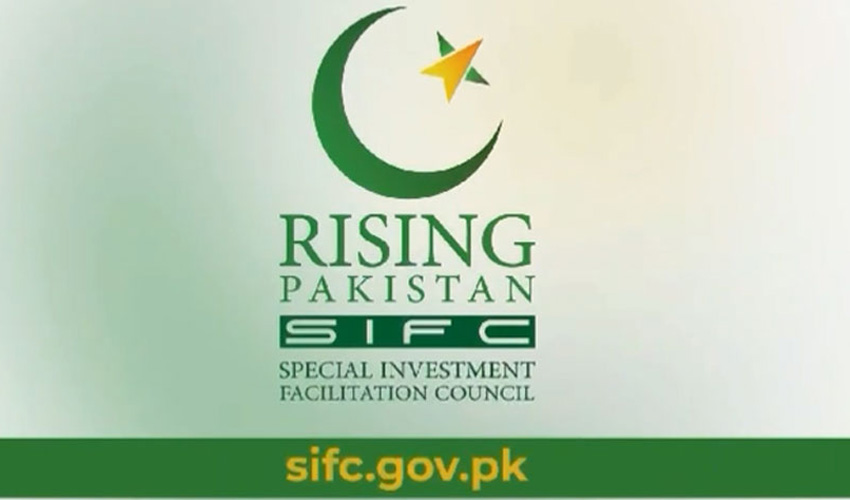The United States Commission on International Religious Freedom (USCIRF) has designated India as a country of concern, citing growing religious discrimination under the rule of the Bharatiya Janata Party (BJP).
The report highlights the adverse impact of BJP policies on various minority communities, including Muslims, Christians, Sikhs, Dalits, and Adivasis.
Since coming to power, the BJP government has intensified its targeting of NGOs, especially those operating under the United Progressive Alliance (UPA). These organizations have been subjected to harassment, with many of their properties demolished. This has effectively silenced the voices of religious minorities and their supporters, further deepening the communal divide in India.
In stark contrast, Pakistan has made significant efforts to promote religious freedom. The Kartarpur Corridor project, for instance, stands as a testament to Pakistan's commitment to ensuring easy access for Sikh pilgrims to their holy sites. This project is seen as a symbol of religious harmony, especially at a time when India is facing increased scrutiny for its treatment of religious minorities.
Attacks on religious minorities in India have surged in recent years, with instances of mosques being demolished and violence perpetrated against Christians, Muslims, and Dalits under the pretext of cow smuggling allegations. In several instances, BJP members have fanned the flames of such violence, particularly over the issue of cow slaughter. Tensions have escalated in states such as Bihar, Uttar Pradesh, and Delhi, where communal unrest has grown increasingly volatile.
In contrast, Pakistan has seen an improvement in religious freedoms, with religious minorities gaining greater political representation in the country. However, in India, Muslim women continue to face harassment, which has further contributed to growing inequalities in society.
Additionally, Pakistan has taken steps to ensure the rights of non-Muslim students, while India's record has come under criticism, notably in the Bilkis Bano case, which highlighted the failure to provide justice to victims of the 2002 Gujarat riots. The ongoing destruction of minority-owned properties in India is fueling religious tensions, raising serious concerns about the protection of minority rights.
In Pakistan, the Supreme Court has played a proactive role in safeguarding the rights of minorities. Meanwhile, Hindu nationalist groups in India have leveraged social media platforms to incite further communal tensions. Pakistan, on the other hand, has shown a willingness to reform its blasphemy laws, signaling its commitment to addressing issues of religious intolerance.
The USCIRF report also condemned India's Citizenship Amendment Act (CAA) and National Register of Citizens (NRC), which many view as systematic attempts to marginalize Muslims. In Assam alone, approximately 700,000 Muslim residents face the risk of statelessness, a situation that has drawn international criticism.
India's treatment of its religious minorities has become a cause for global concern, with many calling for the government to uphold its commitment to secularism and the protection of human rights. As the situation continues to deteriorate, international bodies are urging India to reverse its discriminatory policies and take meaningful steps to ensure religious freedom for all its citizens.



























